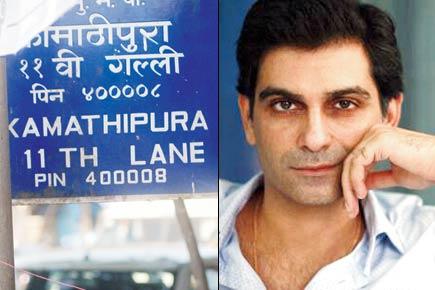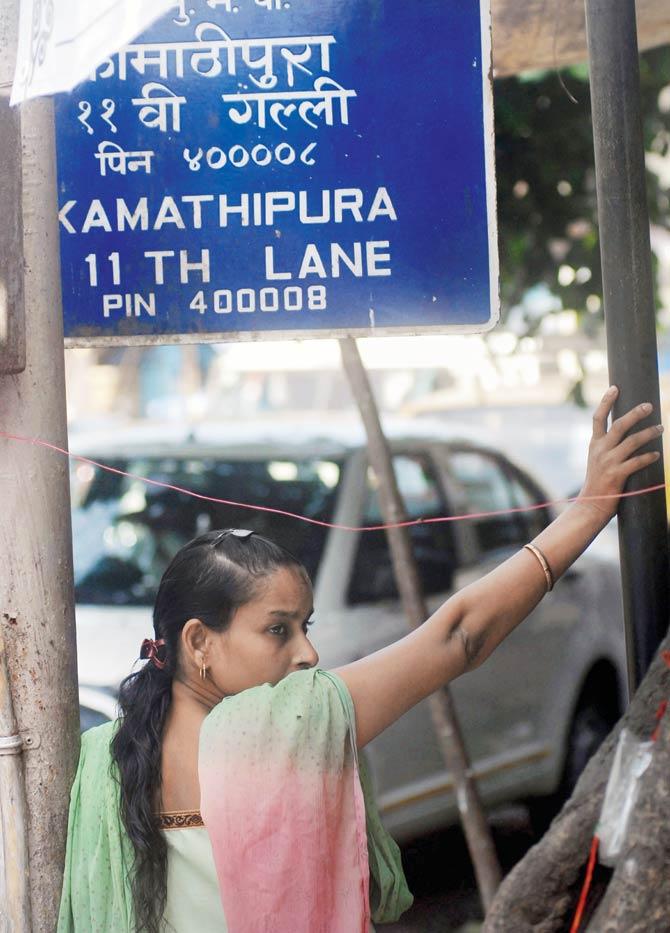Anosh Irani’s The Parcel is a dark, intimate and probing look at Kamathipura’s hijra community through the eyes of its protagonist Madhu. Excerpts from an interview


The novel is set in the heart of Kamathipura’s commercial sex industry. File pic
ADVERTISEMENT
There’s a smell of the the city’s underbelly that overtakes the reader as one flips through the book. How did that happen?
This is a story of Mumbai/ Bombay’s red light district slowly dissolving alongside a hijra’s body, which is letting her down, rebelling against her, and in the process revealing to her some hard truths that she does not want to face. So the underbelly is not just a physical space, it is also the unheard, unloved part of a human being.
Tell us about how Madhu emerged to play protagonist in this title.
I tried very hard not to write this novel. For many years, I really tried not to. It was too difficult an undertaking; the subject matter is highly sensitive and I knew that the research involved would force me into areas of discomfort. But eventually when something haunts you and inspires you at the same time, which is what Kamathipura has done to me since my childhood, you have no choice. You are compelled to write. One day, Madhu just unleashed herself. “I go by many names, none of my own choosing,” is the first line I ever wrote. She was right there, ready — wounds open, but head held high.
How and where did you discover the word ‘Parcel’?
I don’t know. It’s one of those things that I just wrote. But the weird part is I heard it in my head in Hindi. It wasn’t being used by someone who spoke English. The line I heard in my head was, “Parcel aaya hai.” And as I heard it, it sent a current through me.
There’s a certain dramatic pace to the book, and yet, a slowness that makes one stop and imagine each frame. How were you able to juxtapose the two?
There’s an engine in the novel that comes from wanting to know what happens to Madhu and the girl, an anxiety that pervades the story as we get to care about them. However, the slowness comes from Madhu realising that she is no different from the parcel. Here are two lost, lonely, and unloved human beings who find each other. So as the story moves forward, the characters fall into an abyss, go into a downward spiral, their wounds getting more and more acute.
Madhu’s moments of realisation are evocatively captured, as the reader plays silent companion to her travails and by default, the lesser-known, insightful side to the Hijra community. Tell us about that.
It’s a fascinating world to explore. For so many years hijras have been forced to operate in the shadows. And it is the shadow world that I find interesting as a writer. However, I also wanted the novel to reflect the beauty in their lives. And I did not have to go looking for it. I witnessed moments of courage and hope, and above all, there is beauty in survival.
Each accompanying character gives a sense that the reader might have encountered, or interacted with him/her at some point while in the city. Your thoughts.
If you find the humanity in a character, he or she feels familiar. After all, that is what we share as human beings — the need for acceptance, for love, and the hurt that comes with rejection.
As Madhu’s life unfolds, the reader sees a changing city too — its crumbling cinemas, real estate sharks. It’s a fascinating rediscovery...
It’s the way I encountered it every single time I came back from Canada. Suddenly, the Alexandra Cinema was defunct, or the compound that I grew up in, directly opposite Kamathipura, was completely transformed with high-rises. There’s a line in the book where I refer to the buildings as giant sentries advancing...it’s a bit ominous, this feeling of high rises closing in on you.
What was going through your mind as you reached the end of writing The Parcel?
I wanted the end to be as truthful as possible. My focus is to stay with the characters. Only then can a truthful ending emerge, one that realistically reflects the world of the story. All I wanted was to do justice to Madhu, to hold a mirror to her pain and her courage and inherent humanity.
 Subscribe today by clicking the link and stay updated with the latest news!" Click here!
Subscribe today by clicking the link and stay updated with the latest news!" Click here!






